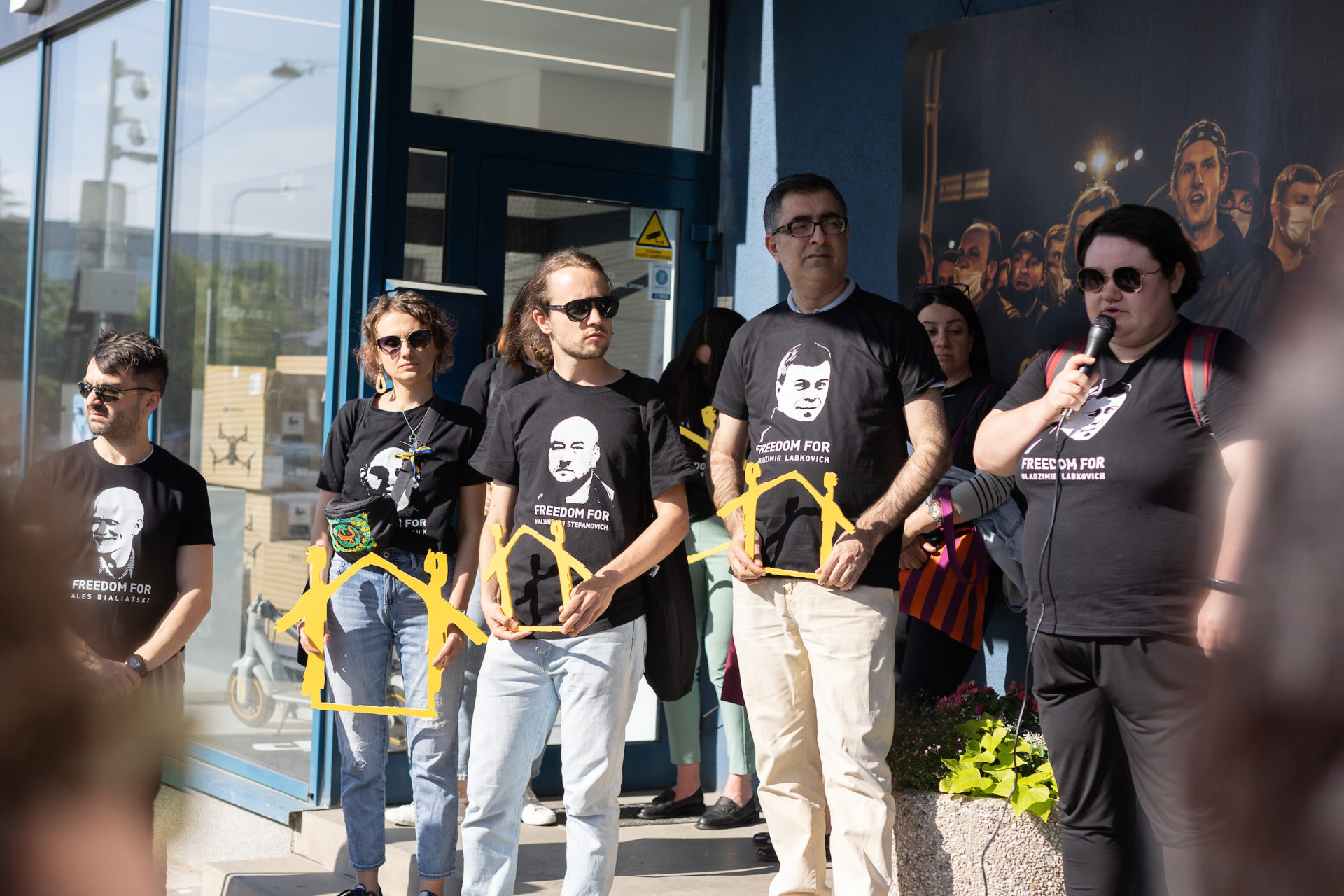Civil society is a critical partner and plays a crucial role in the promotion of democracy and human rights across the OSCE region.
During its 53rd session, the Human Rights Council adopted by consensus a biennial resolution which reiterated the importance of this role and noted with grave concern rising threats against civil society organisations and human rights defenders. In the Western Balkans, Eastern Europe, and the Caucasus, attacks on civil society organisations and human rights defenders, coupled with the implementation of legislation to curtail the freedoms of assembly, association, and expression, are reducing civic space.
Civic space is the environment which enables civil society to participate meaningfully in the political, economic, social, and cultural life of their communities. Civic space at the multilateral level is crucial for independent civil society to engage in the formulation of meaningful human rights norms, standards, and mechanisms and to raise local, national, and regional human rights issues. Like-minded States must work closely with independent civil society to preserve and expand civic space at the national and multilateral levels.
This side event brings together representatives from the Network of Human Rights Houses to explore the role of civil society and highlight recommendations to States for increasing and expanding civic space. A panel of experts from civil society in the Western Balkans, Eastern Europe, and the Caucasus will speak about ensuring equal enjoyment of rights and equal participation in political and public life.
The panel will focus on the following key questions:
- What steps can participating States take to protect and expand civic space across the OSCE region?
- How can participating States strengthen opportunities for meaningful civil society engagement in the work of the OSCE?





